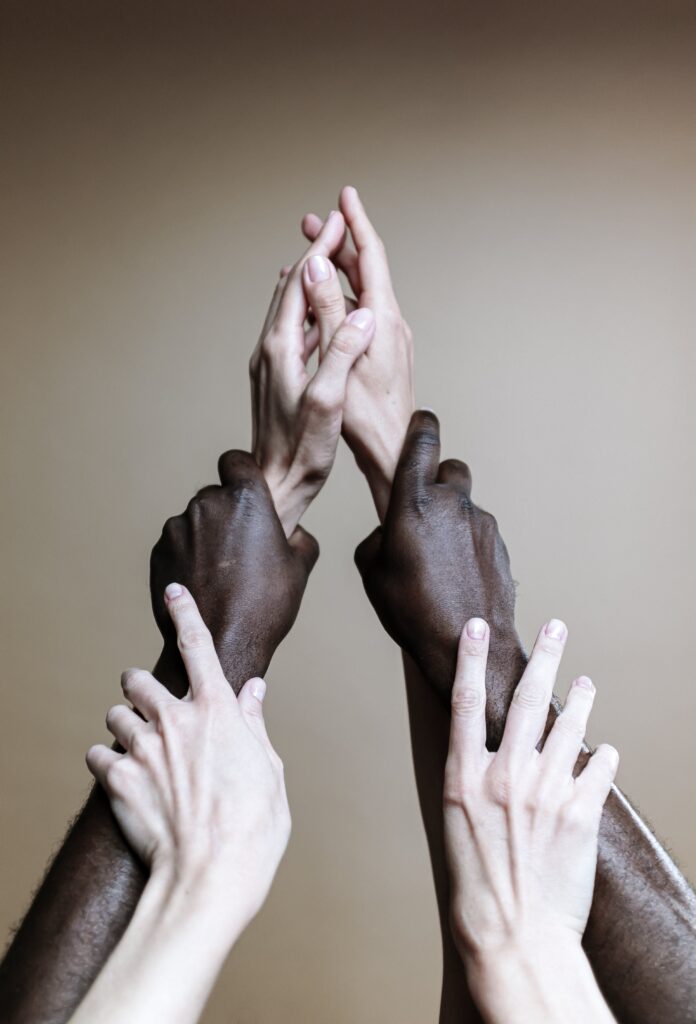In the heart of the bustling city of Jerusalem, amidst the ongoing Israeli-Palestinian conflict, there exists a group of individuals who embody the essence of Karuna, compassion, through their unwavering commitment to ending the suffering of Palestinian families. Their mission is simple yet profound: to rebuild homes that have been demolished in the occupied territories. The Israeli Committee Against House Demolitions (ICAHD) is a beacon of hope in a region marked by division and strife. In this blog post, we will explore how the concept of Karuna, a fundamental principle of Buddhism, can be observed in the actions and endeavors of ICAHD.
Buddhist Compassion: The Essence of Karuna
Before delving into the remarkable work of ICAHD, it is essential to understand the concept of Karuna, which lies at the heart of Buddhist philosophy. Karuna, often translated as compassion, is one of the Four Brahmaviharas or sublime attitudes, along with Metta (loving-kindness), Mudita (sympathetic joy), and Upekkha (equanimity). In Buddhism, Karuna represents the sincere wish for the alleviation of suffering in oneself and others. It is not merely an emotion but an active and selfless commitment to reducing the pain and distress experienced by others.
To illustrate this concept, let us turn to a concise non-fiction Buddhist story:
The Compassionate Buddha and the Injured Bird
Once, as the Buddha was walking through a forest, he came across a wounded bird. Its wing was broken, and it was in excruciating pain. Without hesitation, the Buddha gently picked up the injured creature, tended to its wounds, and provided it with water and shelter. He stayed with the bird until it had healed and could fly again. When asked why he had gone to such lengths for a small bird, the Buddha replied, “Just as I would do for any living being, I offered my help to relieve its suffering.”
This story exemplifies the essence of Karuna, where compassion is not limited to one’s own kind but extends to all sentient beings, regardless of their size or species. It is this profound compassion that serves as the foundation for ICAHD’s work and its commitment to ending the suffering of Palestinians affected by house demolitions.
ICAHD: The Pinnacle of Karuna
Founded in 1997 by a group of dedicated activists, including Jeff Halper, Amos Gvirtz, Rabbi Arik Ascherman, Meir Margalit, Yoav Hess, and Yael Cohen, ICAHD is an Israeli peace and human rights organization with a clear and noble objective: to end the occupation of Palestinian territories and promote a just peace between Israelis and Palestinians. ICAHD firmly believes in the power of non-violent, direct-action means to achieve this goal.
1. Rebuilding Homes: The Heart of Compassion
One of ICAHD’s most significant endeavors is the rebuilding of demolished Palestinian homes. Through a network of Israeli, Palestinian, and international volunteers, they take on the challenging task of reconstructing homes that have been torn down by Israeli authorities. This effort is not merely about bricks and mortar; it is an act of compassion in its purest form. Each rebuilt home represents a family’s hope, resilience, and the restoration of their dignity.
Much like the compassionate Buddha in the story, ICAHD reaches out to those in need, offering a helping hand to those who have lost their homes due to the complexities of the Israeli-Palestinian conflict. Their commitment to rebuilding over a thousand homes, including 200 in East Jerusalem, is a testament to the unwavering dedication to alleviating suffering, one house at a time.
2. Nonviolent Resistance: A Path to Peace
ICAHD’s dedication to nonviolent direct action echoes the Buddhist principle of Karuna. Rather than resorting to violence, which perpetuates suffering, they engage in civil disobedience by stopping bulldozers and standing up against the demolition of Palestinian homes. Their actions embody the belief that lasting peace can only be achieved through compassion, understanding, and dialogue.
3. Advocacy and Awareness: Shining a Light on Injustice
In addition to their hands-on work, ICAHD utilizes exhibits, films, workshops, and tours of the occupied territories to raise awareness about the Israeli occupation. They publish books and articles to shed light on the plight of Palestinians in the West Bank, East Jerusalem, and Gaza.
Challenges and Criticisms: Upholding Karuna Amidst Controversy
As with any organization dedicated to a cause as complex and divisive as the Israeli-Palestinian conflict, ICAHD has faced its fair share of challenges and criticisms. Some argue that their actions fuel anti-Israel sentiments, while others question the organization’s stance on specific political issues. It is essential to recognize that Karuna, at its core, is about alleviating suffering without discrimination. ICAHD’s mission, although met with opposition, remains steadfast in its commitment to compassion.
Conclusion: The Power of Compassion in Action
In a region rife with conflict, ICAHD stands as a shining example of how Karuna, compassion, can be translated into tangible actions that make a difference in the lives of those who are suffering. Their unwavering commitment to rebuilding demolished homes, engaging in nonviolent resistance, and advocating for justice mirrors the Buddhist principles of compassion. It serves as a reminder that, even in the face of adversity and controversy, compassion has the power to transform lives and pave the way for a more just and peaceful world.
As we reflect on the story of the compassionate Buddha and the injured bird, we are reminded that true compassion knows no boundaries or limitations. It is a force that transcends differences and strives to alleviate suffering wherever it exists. ICAHD’s work is a testament to the enduring power of Karuna, and it challenges us all to embrace compassion in our own lives, no matter how complex the circumstances may be.
